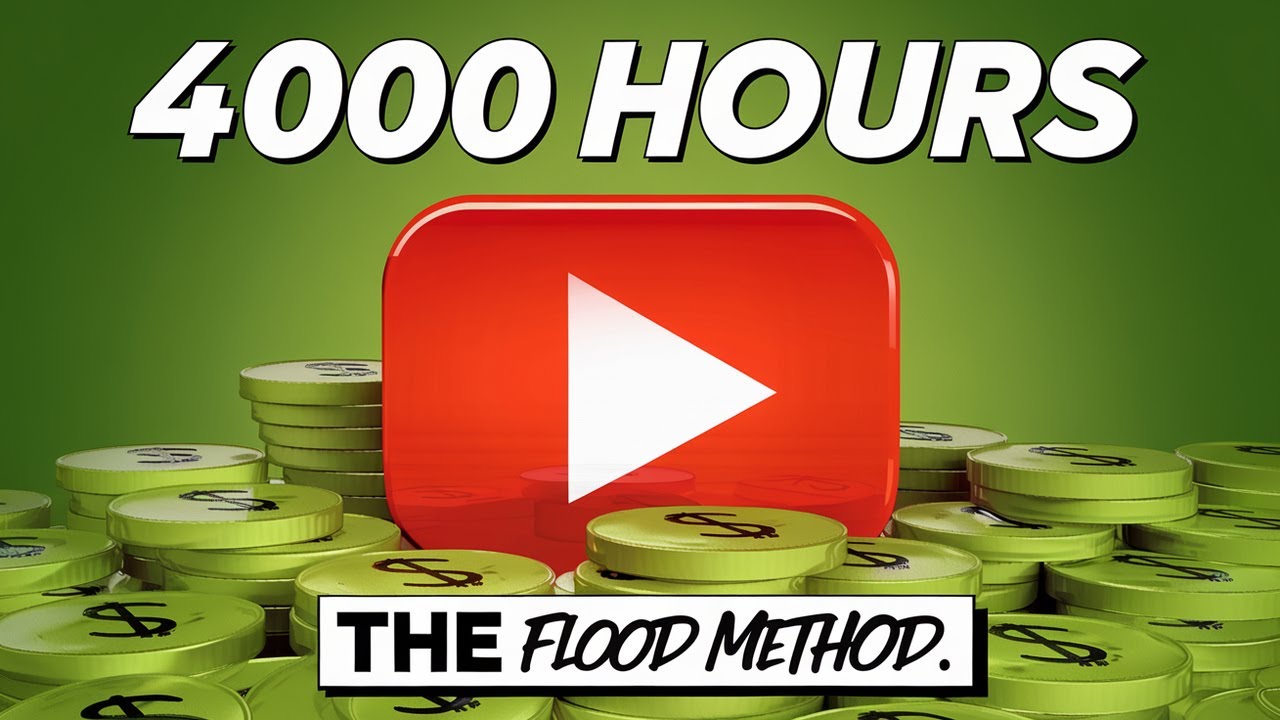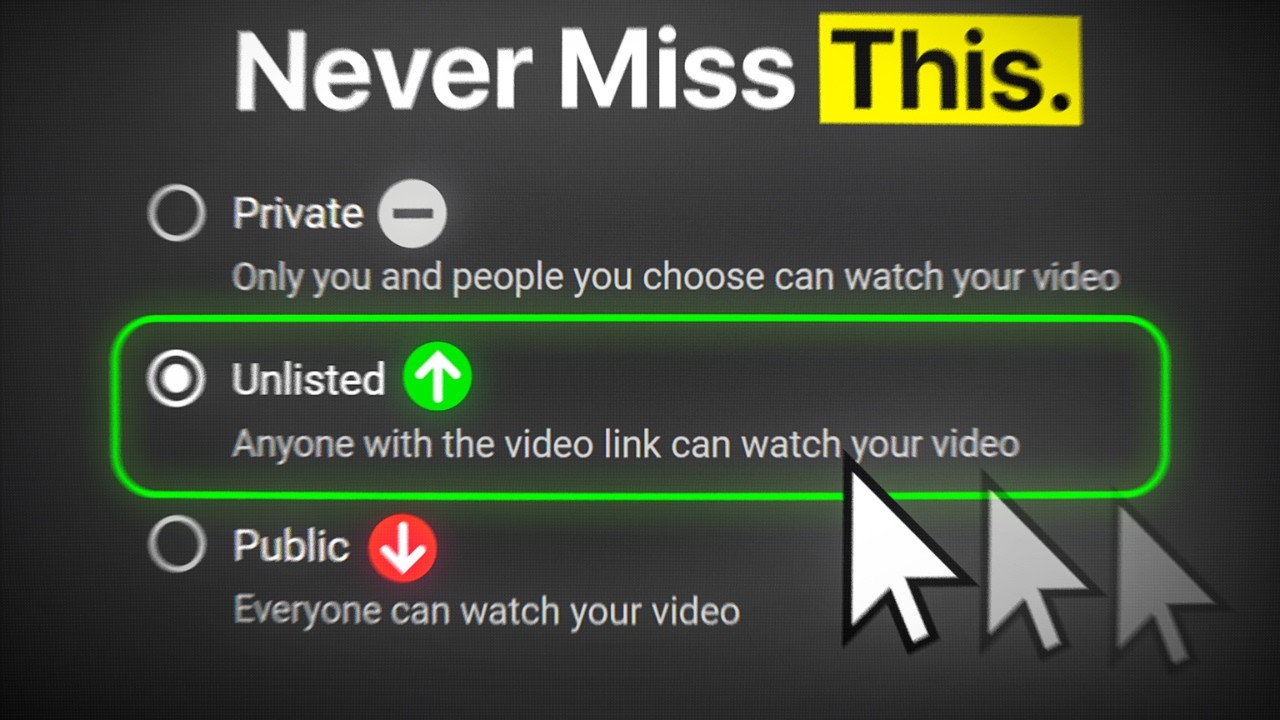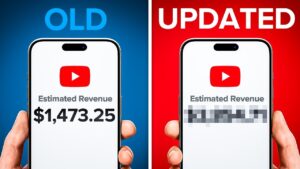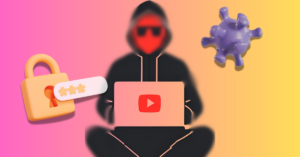If you’ve ever wondered why YouTubers fail, especially small creators just starting out, you’re not alone. It’s a question that many ask when their channels don’t grow as expected, despite their hard work and passion. Contrary to popular belief, it’s not the algorithm, your gear, or even your thumbnails and titles that quietly kill your channel. The biggest obstacle is a common behavior that feels productive but actually steals your growth and leads to burnout.
Why YouTubers fail: The common pitfall that’s easy to fall into
Having worked with many channels through TubeBuddy, including those that exploded in growth and others that quit before uploading their fifth video, we’ve seen patterns emerge. One behavior in particular stands out as the silent killer of small channels: overcomplicating the process before mastering the basics.
This behavior can look like:
- Obsession over gear and equipment upgrades
- Spending hours on strategy documents without publishing content
- Redesigning banners and channel art repeatedly
- Brainstorming dozens of video ideas before finishing one video
- Planning multiple channels before launching the first one
- Committing to unrealistic publishing schedules—like a vide a day for 30 days straight—without mastering video creation
It’s like going to the gym and trying to max out with bad form — you’re more likely to get hurt than become strong.
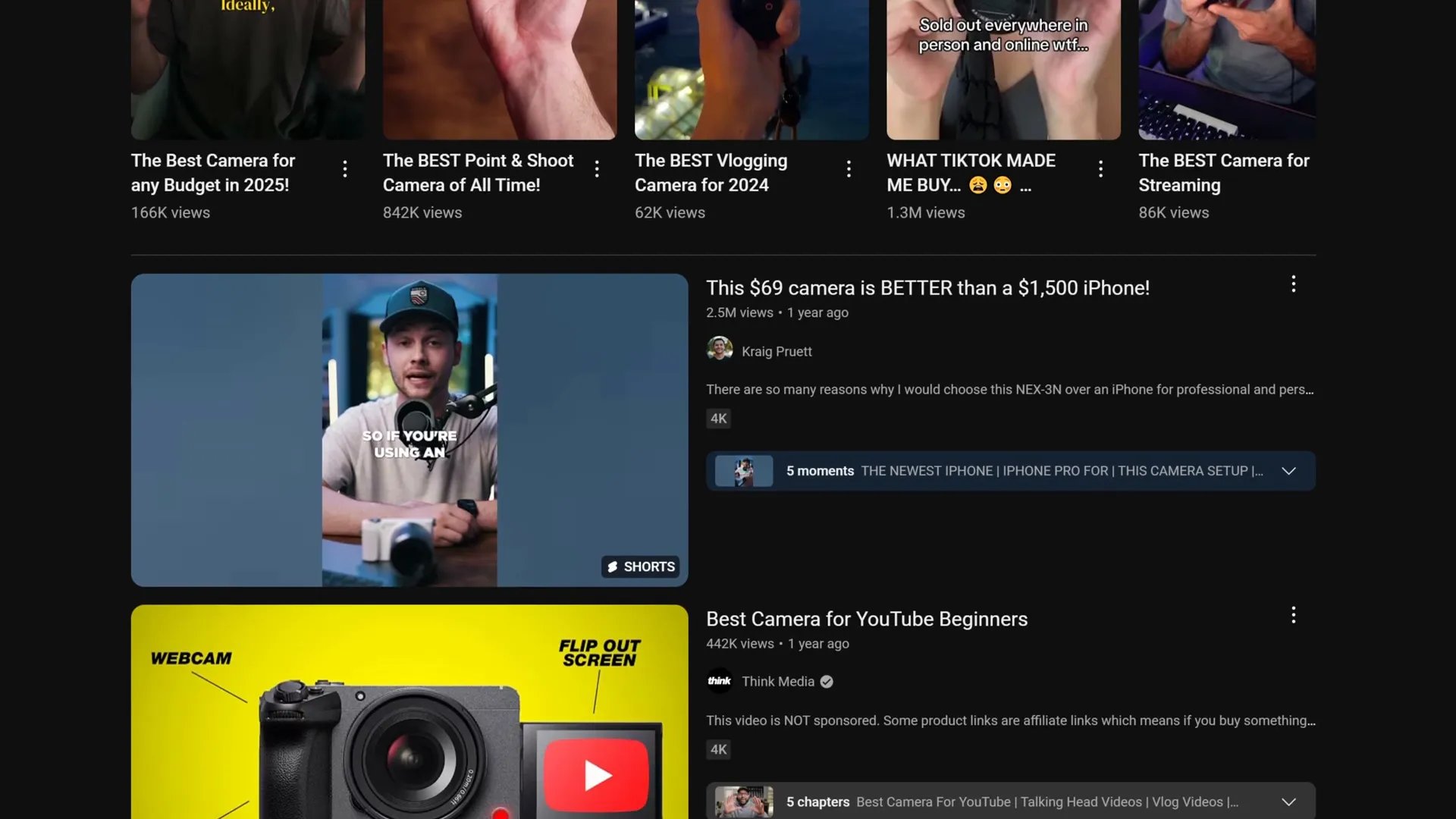
Why spreading yourself too thin hurts your channel growth
Another way new creators overcomplicate things is by trying to be everywhere at once. Posting on TikTok, Instagram, YouTube, and starting a podcast all at the same time might seem like a winning strategy, but the reality is:
- You’re new to this and likely working solo
- Top creators often have full-time team members, equating to roughly 200 hours of focused work per week
- Even if you worked 24/7, you couldn’t match that level of experience or output
Successful creators we’ve seen have mastered one platform first. Usually YouTube. They then leverage the skills they built to expand into other platforms. Trying to juggle them all too soon is a recipe for burnout and wasted effort.
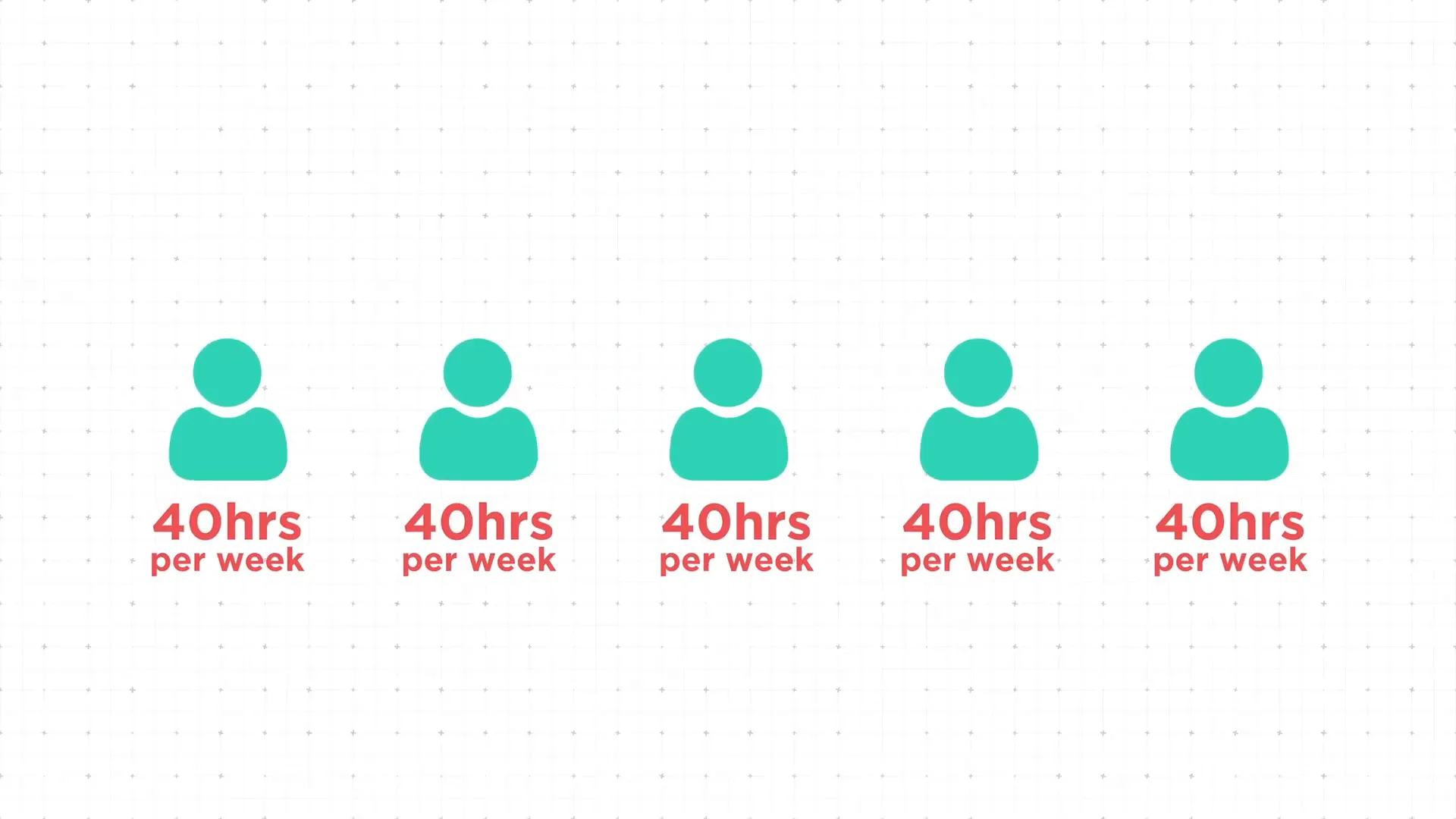
Why new creators fall into this trap
This mistake isn’t about laziness or lack of talent. It’s about excitement and adrenaline. When you decide to become a creator, there’s a rush of possibilities: monetization, audience growth, creator events, doing what you love daily. It can be overwhelming. This excitement tricks many into believing that complexity equals progress.
But in reality, complexity before mastery leads to burnout, because you spend a lot of effort without seeing meaningful results.
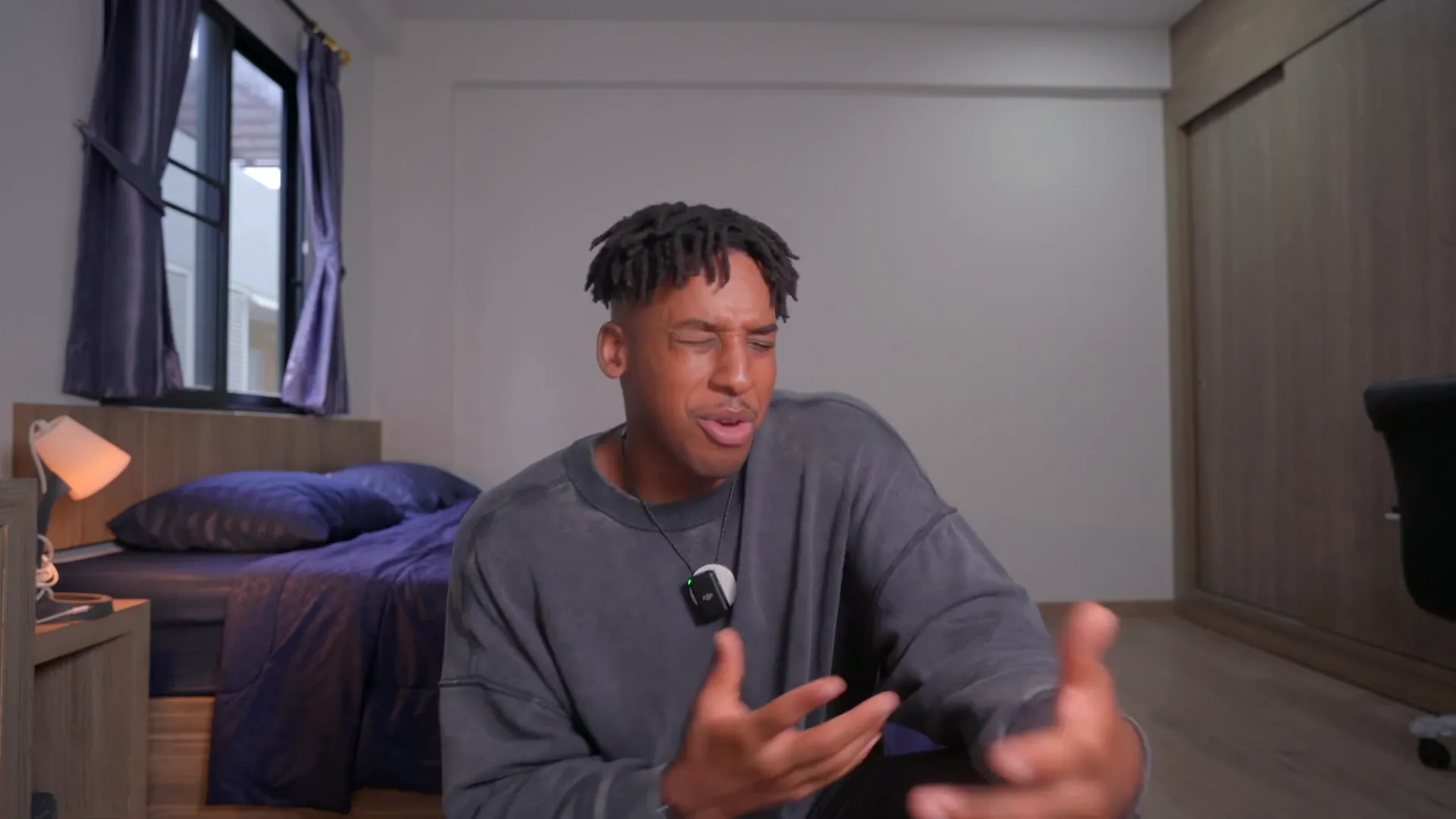
How to focus your energy for faster growth
If you’re just starting your YouTube channel, here’s the advice that can save you months or even years of frustration:
- Don’t spread yourself too thin. Focus on YouTube — just one platform.
- Get good at making one good video before chasing multiple trends or strategies.
- Don’t obsess over gear. You don’t need expensive cameras or lights to start. A simple setup with a phone and a cheap microphone works.
For example, the video that lent itself to this blog post was filmed in a random Airbnb in Thailand with a basic light, an old camera from 2017, and a small microphone. Many creators film entire videos using just their iPhone and a budget microphone from Amazon. The key is to keep it simple and master the basics before adding complexity.
Remember: every creator starts at zero
Everyone starts with zero subscribers, zero views, and zero watch time, from Ryan Trahan to Michelle Khare to MrBeast to {insert_creator_name}. You have what it takes to succeed, but you must focus on the right things and avoid overcomplicating the process.
YouTube is hard, no doubt. But trying to start multiple channels, posting on every social media platform, or sprinting to post every day for 30 days makes it harder than it needs to be.
Final thoughts: keep creating and keep it simple
In summary, the main reason small YouTubers fail is not because of external factors like algorithms or gear, but because they fall into the trap of overcomplicating the process before mastering the basics. Stay focused on creating quality content on one platform, keep your setup simple, and don’t let excitement drive you into burnout.
If you want a practical method to quickly get 4,000 hours of watch time and accelerate your channel growth, check out our recent post and video on the YouTube Shorts flood method, which is based on insights from a former YouTube employee.
Remember, every creator starts somewhere. Focus, simplify, and keep creating. Your channel’s growth depends on it.
